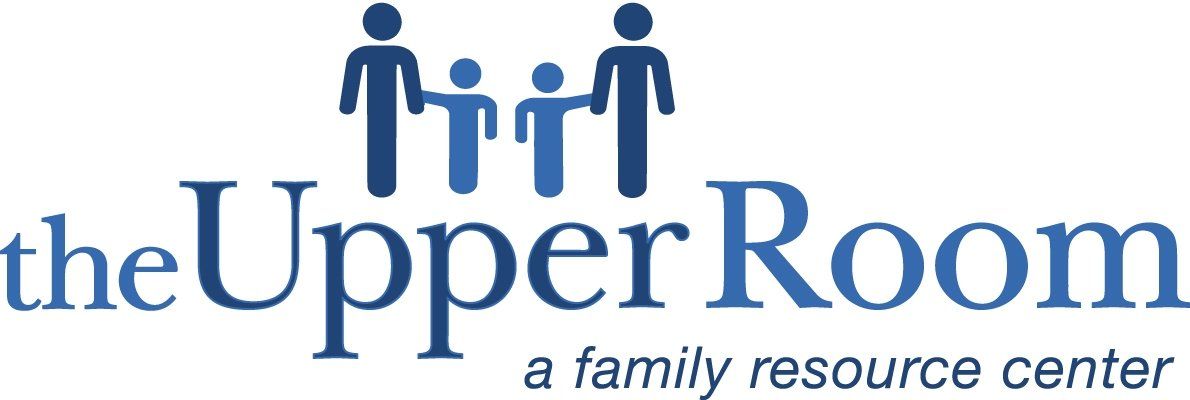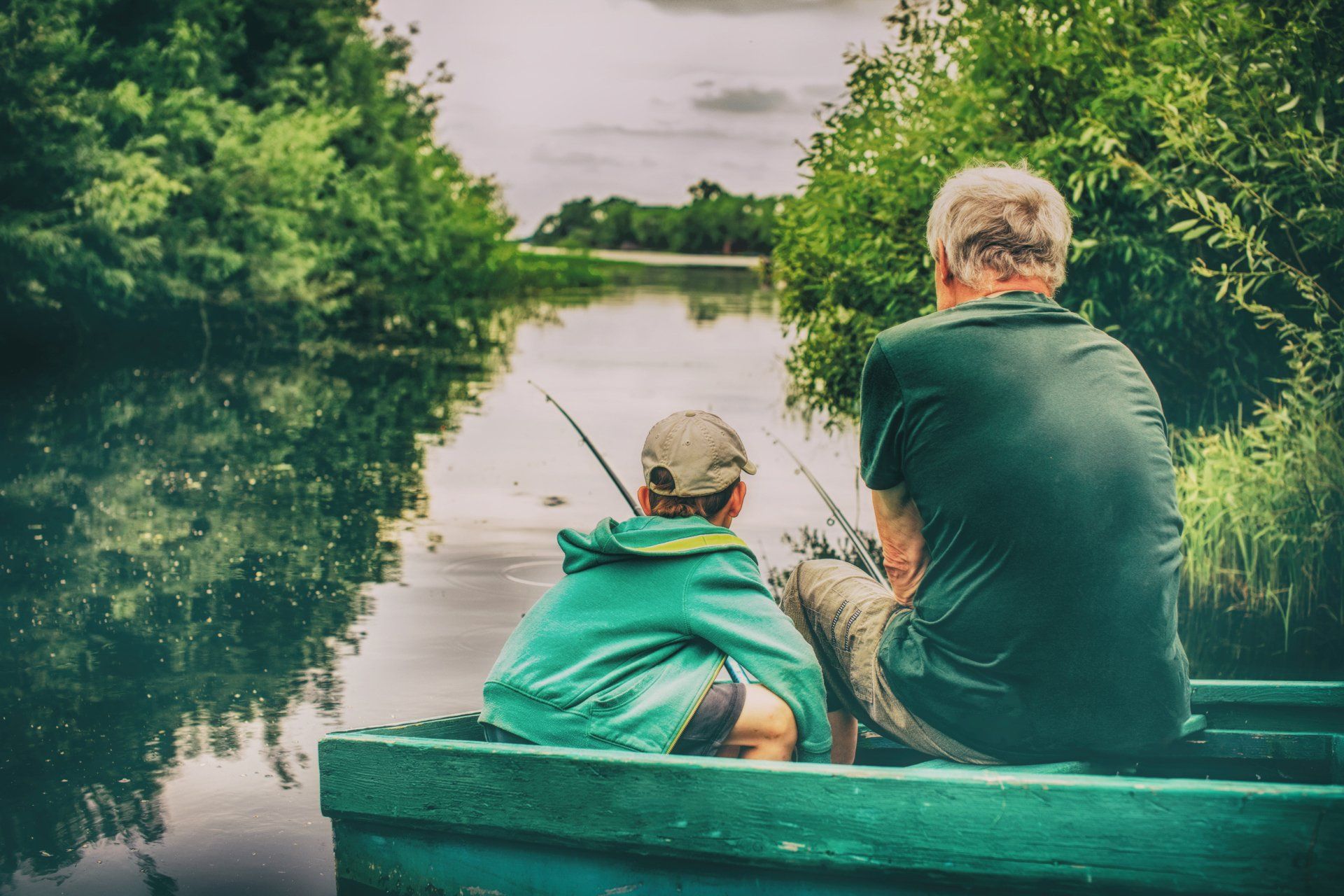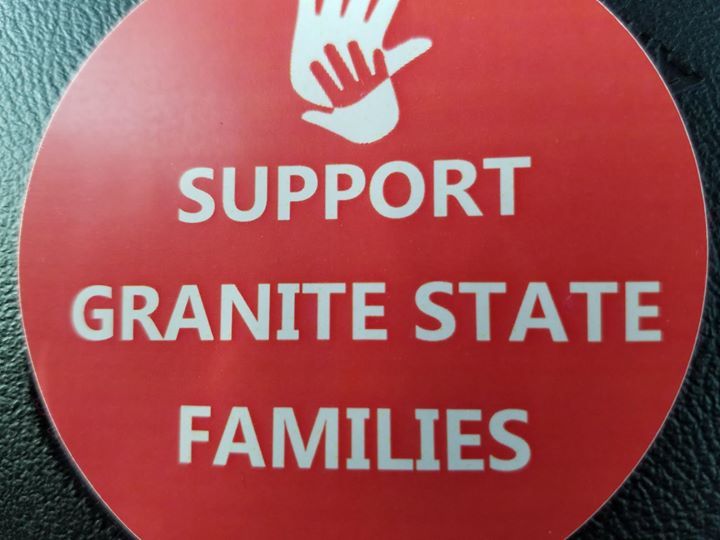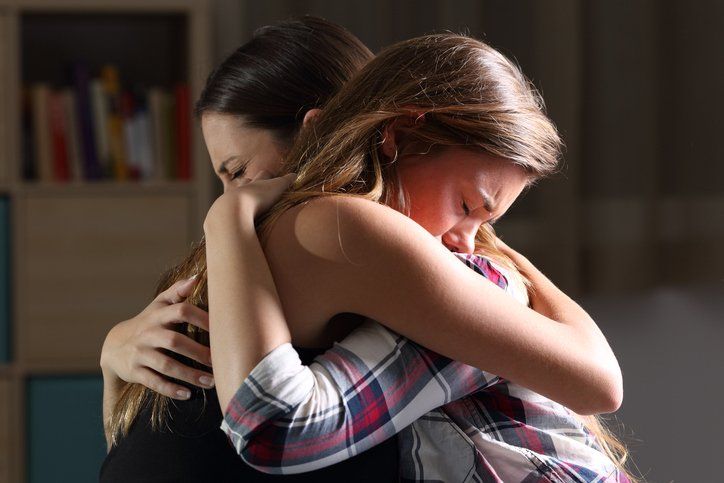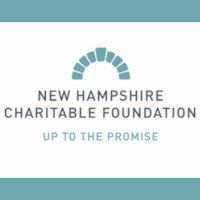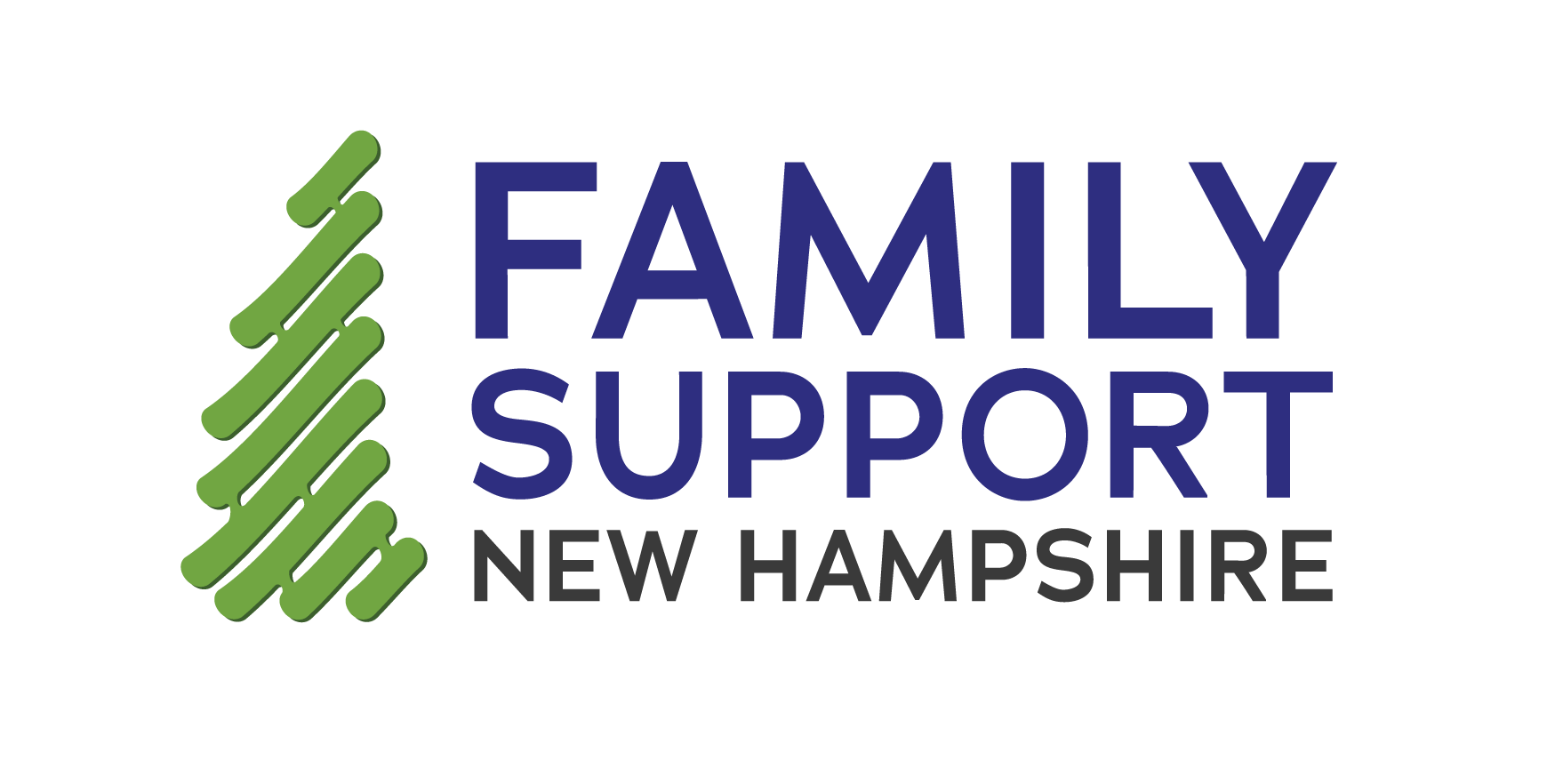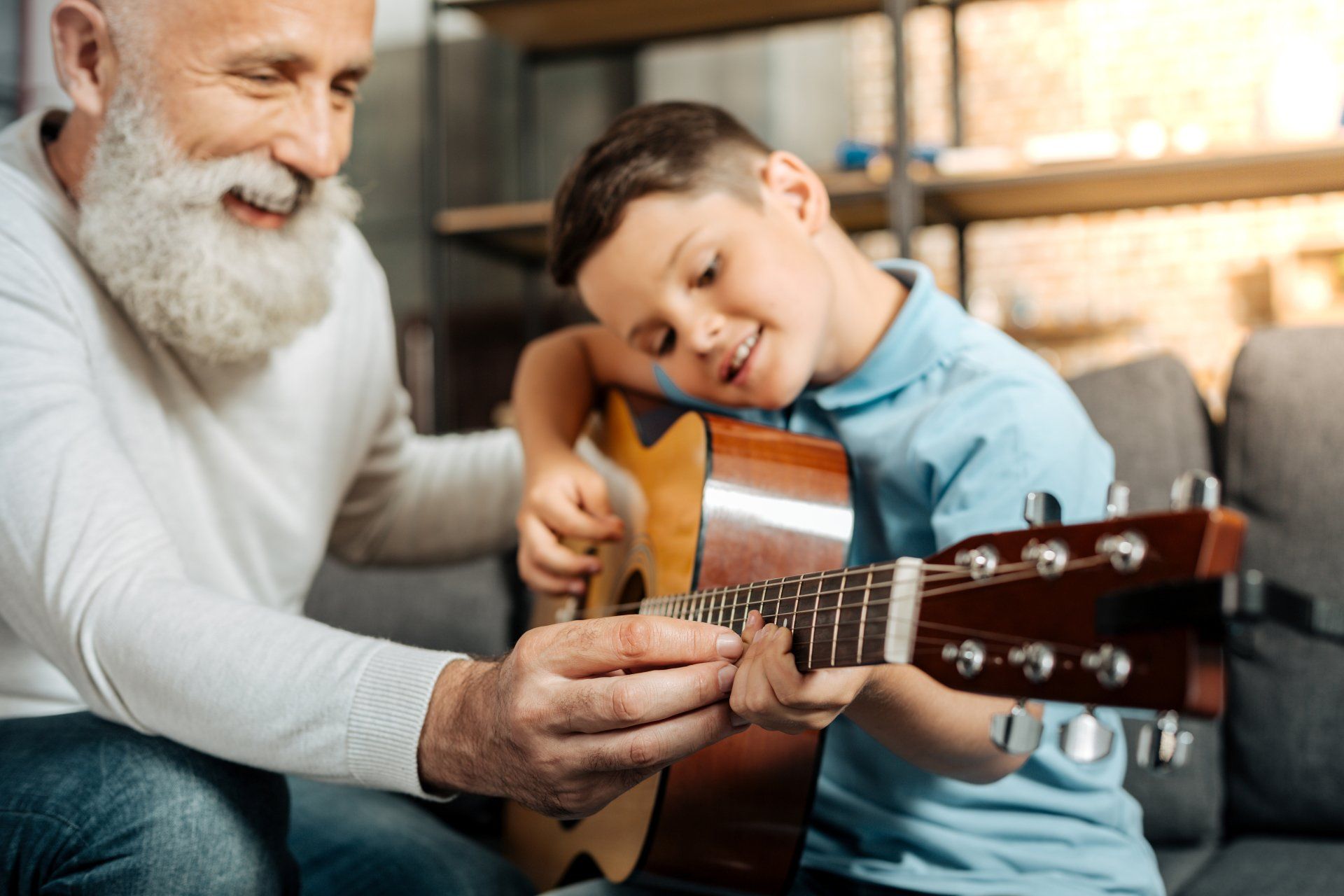
Are you a PASTA? (Parenting a Second Time Around)
Click HERE to find out more
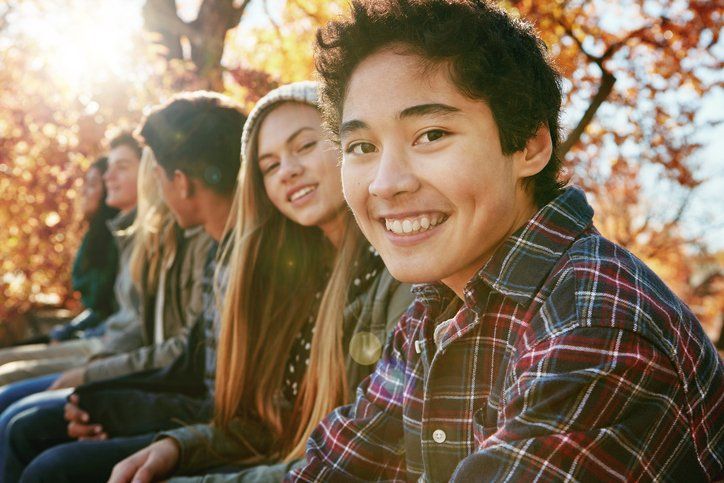
Camp Mariposa - Where Kids Transform
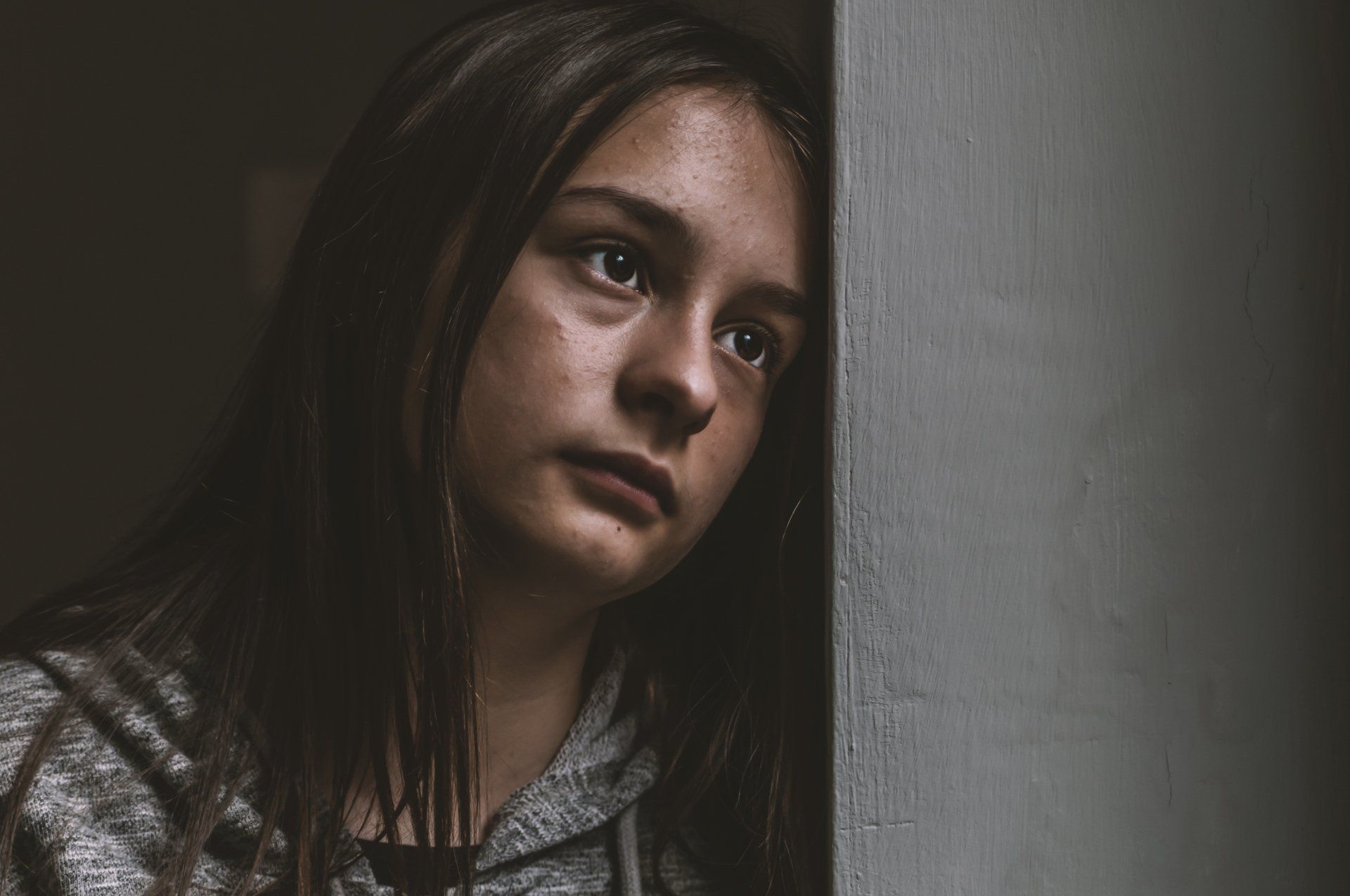
The South Central Public Health Network
Children impacted by loss and family addiction- can find support through Camp Mariposa
As a Family Resource Center, we provide resources and referrals for many kinds of services, as part of our mission to strengthen families.
One informative resource is the Partnership for Drug-Free Kids :
The Empty Chair at Our Holiday Table
When you lose a child, your life changes forever. There will always be an emptiness, a missing piece at the family gatherings — the empty chair at the table.
This time of year is full of so many emotions. I always loved the holidays and the time spent with family. But since my son’s passing, my initial thoughts are, “It’s another holiday that he won’t be here with us.”
I lost a piece of my heart when Sal died.
The holiday season was soon upon us. I wondered, How do I get through this?
How You Can Help Prevent Your Son or Daughter From Overdosing
It’s terrifying when your son or daughter is using substances. When he or she is using heroin, fentanyl or other opioids, like prescription pain pills, however, the fear is even greater, since these substances pose a much higher risk of fatal overdose. Your first goal is of course to encourage your son or daughter to seek treatment for their drug use. But there are things you can do to help prevent your child from overdosing in the meantime.
Parent Survivor Group for parents who have lost a child to addiction/overdose. Meets the 2nd Wednesday of the month at Marion Gerrish Center in Derry 6 – 7:30 PM.
Some more interesting information on helping our young people feel healthy:
Lady Gaga’s Born This Way Foundation and the Benenson Strategy Group conducted over 4,000 interviews for a new study assessing the mental health of young people ages 15 to 24. See infographics and more infographics here.
The interviews focused on four subsets of people – high school students, university students, employed young people and their parents. Here’s what they found:
1. Kindness matters. Young people in better mental health are in kind communities.
2. Peer support networks are crucial. Young people rely on friends for mental health support.
3. Mental health resources make a difference. Resources that foster kindness in schools, colleges and workplaces help improve mental wellness.
So, what do these takeaways tell us? At the broadest level, they tell us just how crucial an awareness and understanding of mental health is to a population on the brink of adulthood.
15 to 24-year-olds share the perception of “feeling in between.” Often, they are smack-dab in the middle of starting to feel responsible for themselves, but still closely tied to their parents and family. As such, it is an age during which personal identity is more thoroughly explored – a time to figure out what they want out of work, school and love.
